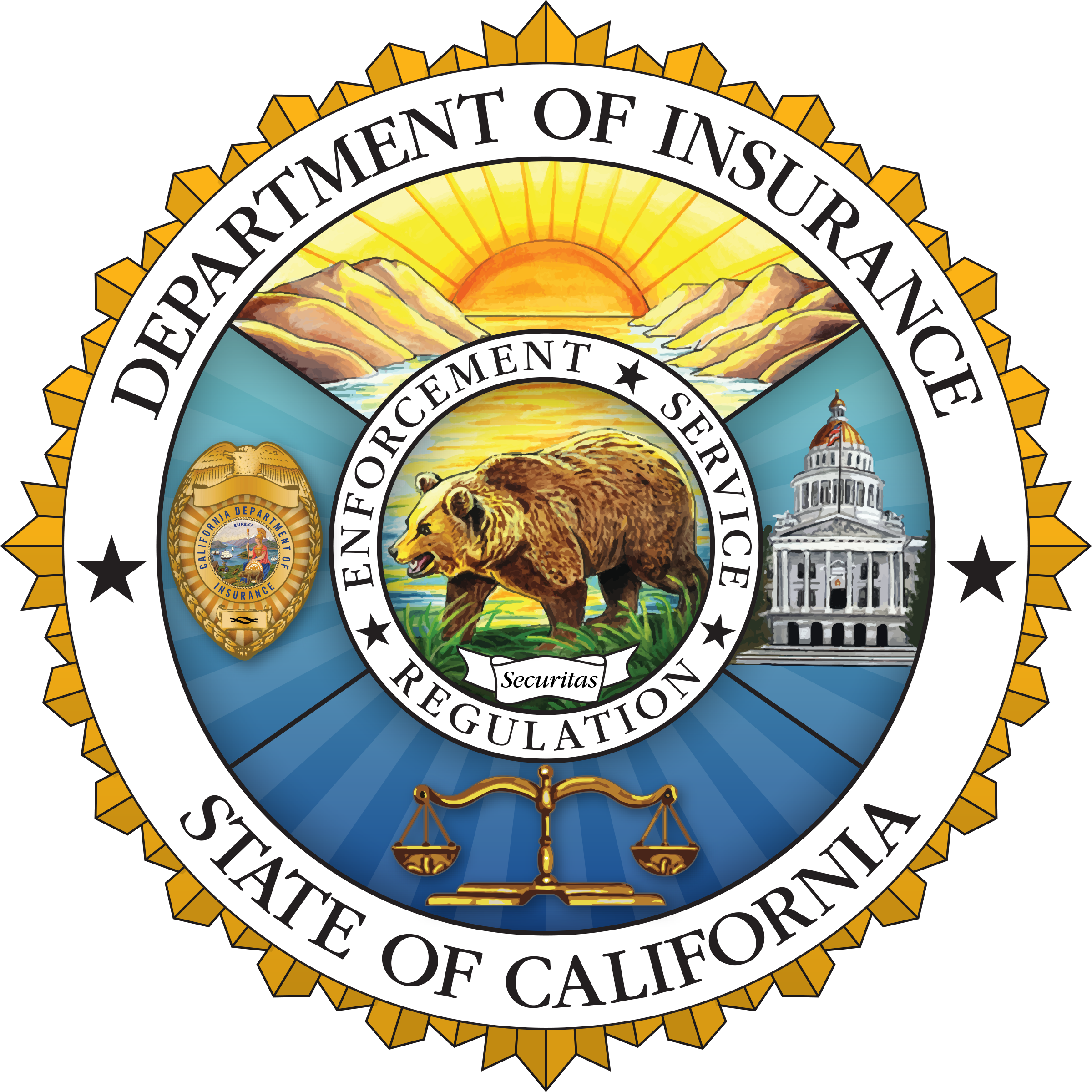Smoke damage claims are unique. Special claims training is needed to properly and safely adjust smoke losses. Most policyholders are entirely unaware of the personal dangers created by smoke. These claims are often overlooked and not reported due to ignorance.
United Policyholders and its executive director were protecting policyholders at a special California Department of Insurance hearing on Wednesday. The hearing involved the handling of smoke damage claims and an attempt by the California Insurance Fair Plan to sneak illegal policy language regarding smoke losses into its policy without direct approval by California’s insurance regulators.
The written comments by United Policyholders got to the heart of the matter by stating the following:
CFP must improve its operating transparency and accountability, product quality, claim handling, consumer service and respect for the authority of the Department of Insurance.
As set forth in the MCE report published in May, 2022, significant improvements in CFP claim handling must be made. The report findings mirror complaints that United Policyholders routinely gets from Fair Plan customers about poor claim handling… inaction, inability to reach an adjuster at all…let alone an adjuster’s superior to resolve a claim dispute or delay.
If the Fair Plan needs more staff to meet its obligations to policyholders, that should be management’s priority. Fair Plan needs to become more customer-centric….
…
CFP must process smoke damage claims and pay for necessary mitigation and restoration promptly and fairly.
The Fair Plan should revise its policy language related to smoke damage and bring it into compliance with the California Insurance Code section 2071 requirement to cover the peril of fire. Smoke is fire debris – the two are inseparable. The language purporting to only cover smoke damage that can be seen or smelled unaided is illegal. Plain and simple.
The Market Conduct Examination (MCE) referred to by United Policyholders should be read by all insurance adjusters handling smoke damage claims. While there are many important parts of the examination, I want to draw attention to page 13 and the attempt to avoid paying for the cleaning of smoke through subtle changes in policy language not highlighted in the request for approval of policy language:
Although CDI approved the policy, CFPA omitted relevant facts and misrepresented revised language as providing broad or broader coverage than the policy provided previously. In CFPA’s Filing Memorandum in support of its form filing to CDI, CFPA specifically represented to CDI that its proposed revisions, including its new definition of ‘direct physical loss,’ would not reduce or eliminate existing coverages, might even broaden coverage, and would have no rate impact. Specifically, CFPA stated: ‘The changes in the policy will either provide no change in coverage or will provide some broadening of coverage. The FAIR Plan will not revise rates for the additional coverage.’
Despite its representations to CDI, CFPA handled claims for smoke damage based on its policy’s definition of ‘direct physical damage’ as requiring permanent physical changes to covered property. However, loss caused by fire does not require ‘permanent physical changes’ for there to be coverage. Further, a loss from smoke stemming from fire should be adjusted as would a loss caused only by fire. Smoke damage is not a separate occurrence from fire. CFPA’s definition of smoke and/or smoke damage is not at least equivalent to that required under the Standard Form Fire Insurance Policy and is therefore a violation of law.
The bottom line is that United Policyholders, through consumer complaints, raised and highlighted the wrongful conduct of The California FAIR Plan, its claims handlers, and executives who tried to rip off California policyholders.
The current trend is for all insurers to compete with one another and reduce claims severity by changing policy wording. This trend is causing insurance gaps of uncovered losses. Policyholders certainly do not appreciate the significance of such small changes in policy language. Regulators in many states simply do not have the resources to appreciate the changes as well.
Bravo to United Policyholders for being the consumer watchdog organization working to protect policyholder interests.
Smoke damage claims are complex, as we noted in Wildfire Insurance Claims—Considerations From An Expert, and The Importance of Demonstrating that Damages Exist in Smoke Damage Insurance Claims. Many smoke losses go unreported because damage is not apparent to the average policyholder, as we noted in Hidden Damage from Wildfire Claims.
I will write more about the safety aspects and concerns this weekend. However, the bottom line is that smoke residue is very dangerous, and insurers know that policyholder customers not directly impacted by the fire are still suffering losses to property caused by smoke which also affects their customer’s personal safety if the smoke loss is not properly remediated.
Thought For The Day
There may be a great fire in our hearts, yet no one ever comes to warm himself at it, and the passers-by see only a wisp of smoke.
—Vincent Van Gogh




